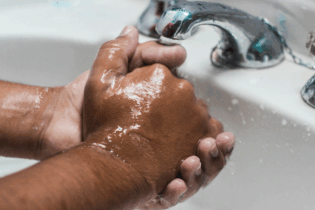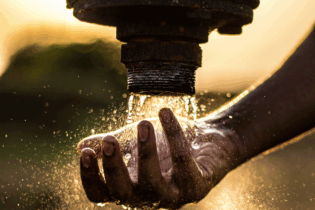As factors from droughts to urbanisation add to the dire global water crisis, the ensuing misery falls even more on women and girls in the world’s poorest countries. The statistics are staggering:around the world, women and girls expend a total of over 200m hours daily collecting and hauling water. In sub-Saharan Africa, 71% of the water fetched and gathered for household use falls under the responsibility of female family members.
As Lakshmi Puri of UN Women told an audience at last month’s World Water Week in Stockholm, water scarcity leaves women particularly vulnerable. Subsistence agriculture in much of the developing world is dominated by women, and tenuous land rights can quickly lead to the loss of access to water and then more abject poverty and hunger. The precarious legal status of women in these countries exposes them to further risk. Add the burden of carrying water for household chores or to prepare food that women sell to help their families scrape by, and the daily struggle for water becomes a harsh barrier to women’s equality and economic empowerment. Girls who must spend time carrying water instead of studying in class then find themselves caught in the same cycle of poverty as their mothers and grandmothers. Finally, policymakers often exclude women from local decisions that have an impact on women’s rights to water, pushing them outside the margins of discussions over water usage when in fact, they should have a seat at the table and be at the centre. Companies that search for business opportunities in emerging markets now realise that water must be at the core of their long-term planning and strategy. But water remediation and conservation projects are not enough. Despite their untenable legal status in much of the developing world, women often make many of their family’s purchasing decisions. So efforts to ensure women’s access to clean water are not just about checking a box on a corporate responsibility to-do list: companies that implement such plans will improve the health and economic security for millions of women. Well-planned initiatives create a chance to lift women out of poverty and can avert social unrest should water shortages increase in the coming years. As a Business for Social Responsibility (BSR) report last year outlined, improving women’s access to water can free up to hundreds of hours annually that they can instead devote to more lucrative economic activities. Families and communities will not only strengthen as they have access to adequate water supplies, but businesses will also eventually gain customers and engaged local stakeholders where they commit to a sustainable development plan with water at its core.Beverage companies have been among the most proactive in working with NGOs to improve women’s rights to clean water. Understanding that they must partner with local communities to build trust and share diminishing water supplies in regions from Africa to south Asia, the makers of soft drinks and beer have the core competencies that can help solve some of the world’s most pressing water problems.
Coca-Cola, for example, is attempting to solve water and sanitation problems that adversely affect women and girls, in several African nations. The bottling company’s philanthropic arm dedicated $6m to programmes that they claim will benefit 250 000 girls and women, and in turn should provide a total of 2 million people with access to clean water by 2015. Water is the foundation for security and strong communities, so bolstering access to this precious resource is critical to enabling companies to take the next step and undertake initiatives that focus on skills and job training. Strangely, we live in a world where more people have access to a mobile telephone than safe drinking water. But without water, both health and wealth for women and girls are almost impossible to secure, and business must step in where local governments have failed girls and their mothers. Source: guardian.co.uk





